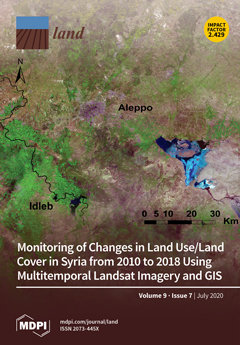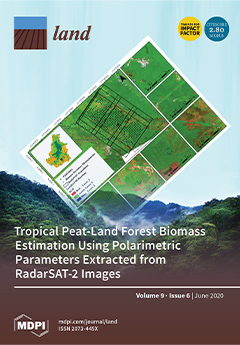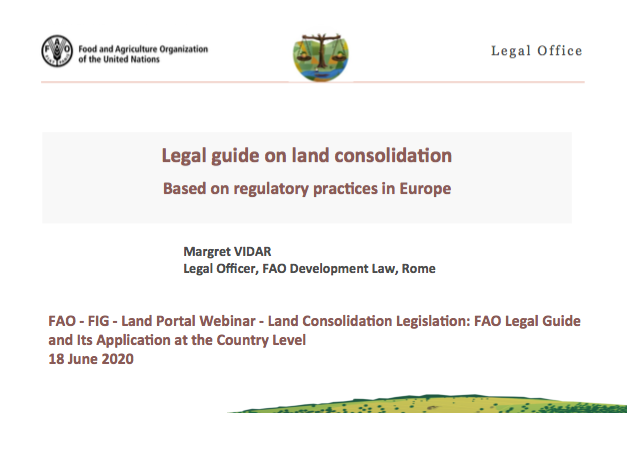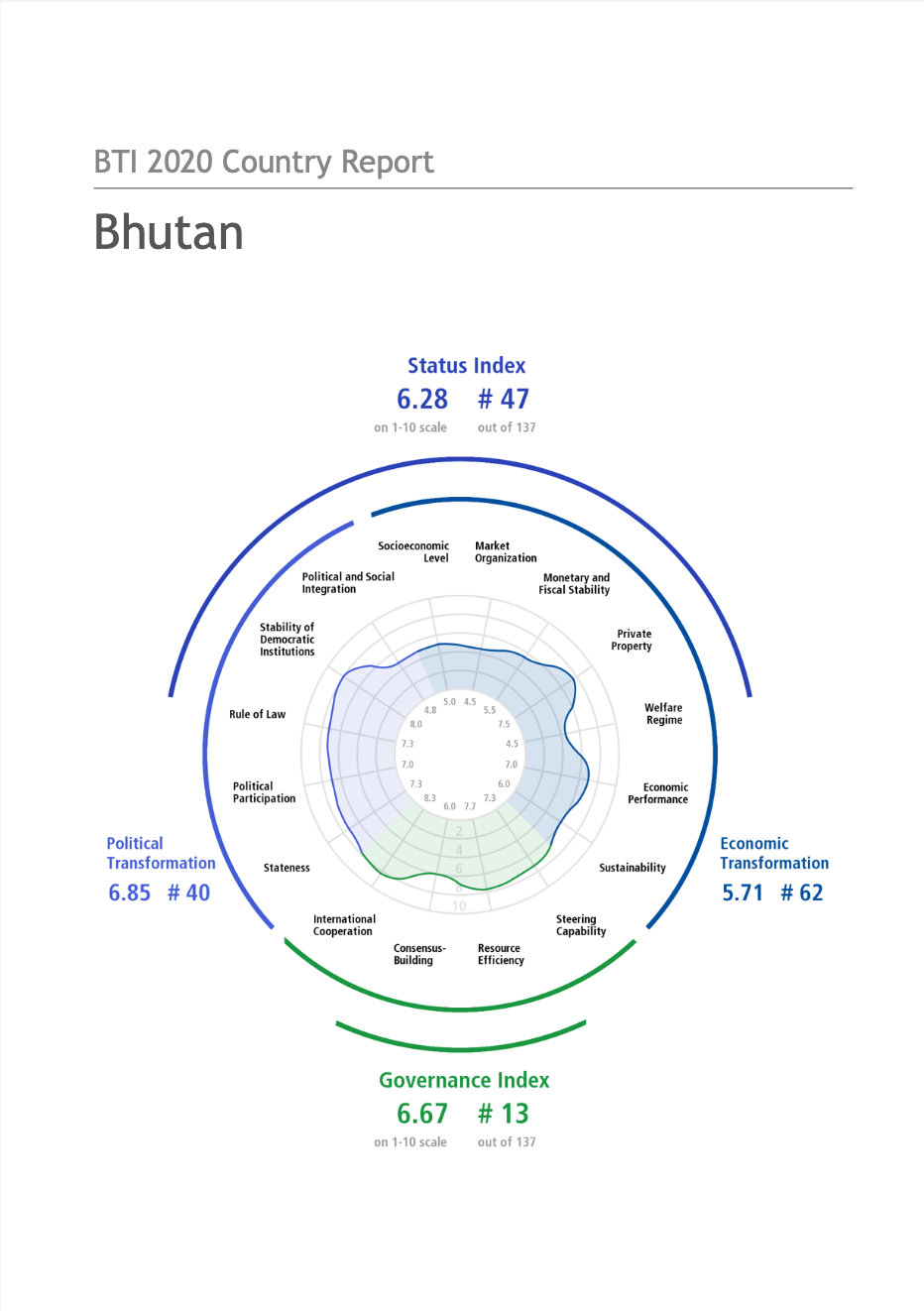Context and backgroundThe debate on the relationship between air pollution and its effects on residential property values is an old one in real estate economics literature, nonetheless, how affected communities are then compensated remains largely unse...
Social Costs! Pricing Ambient Air Pollution: Case Of Kankoyo Township (Mufulira), Zambia







